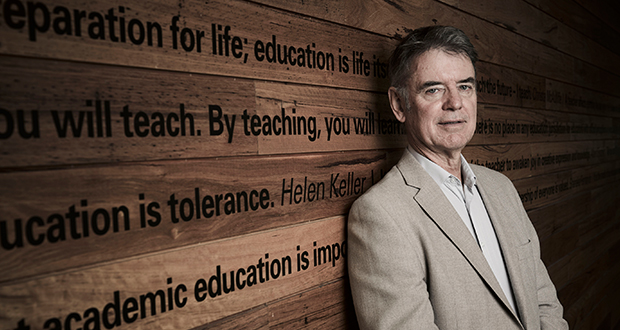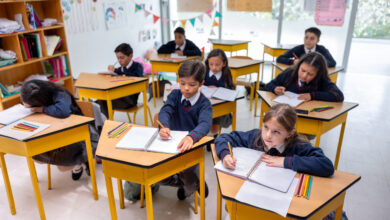In The ClassroomOpinionTop Stories
Education expert John Hattie weighs in on the impacts of distance learning

Professor John Hattie’s Visible Learning framework needs no introduction to educators.
Please login below to view content or subscribe now.






Great can we download a copy please.
Hello Mary. Do you intend to download a copy for your own use or for publication? Kind regards, Education Review.
Hi there,
A great article in a sea of negative from the media about school attendance/ absence at this time.
Thank you
Thank you John – means a lot to me. Kind regards, Wade, Education Review
It is the politicians driving the media about the negative effects of attendance.
I think if parents read anything by John Holt they will be encouraged and enlightened.
While there is some real food for thought in here, the Chch earthquake grade comment needs to be questioned.
Students were able to use derived grades. This meant that if their derived grade was higher than their exam performance, the derived grade was awarded. Hence the spike up.
Thanks for clarifying that, ALJ. Kind regards, Wade, Education Review
Some good food for thought here but the Chch post earthquake data needs to be qualified. Derived grades were available for students all exams and whatever was the higher grade stood, exam or derived grade.
Surely all of these effects are impacted on by what students are doing while not at school? During strikes and shorter school terms, students can engage in a variety of activities, indoor and out, and with a variety of people. Following a physical event such as a bush fire, they can be involved in the recovery – the making of things better. Until last weekend, students particularly were restricted their street and their immediate family as there is little other “essential” for kids. They were told to sit and wait for danger to pass – a very passive, unempowering task. If parents were working from home, they haven’t even necessarily benefitted from increased family time.
https://visablelearning.blogspot.com/
Important reading for love of Mr Hattie
I think learning will happen as the child gets an opportunity to see something familiar and ask why.
The effect size of teacher-student relationships is quite high (.72). Virtual learning creates a barrier between the student and teacher.
Teaching and learning is a human endeavor. Ed tech wants you to think otherwise. For them, learning is a matter of delivery only and (secretly) an opportunity to make money.